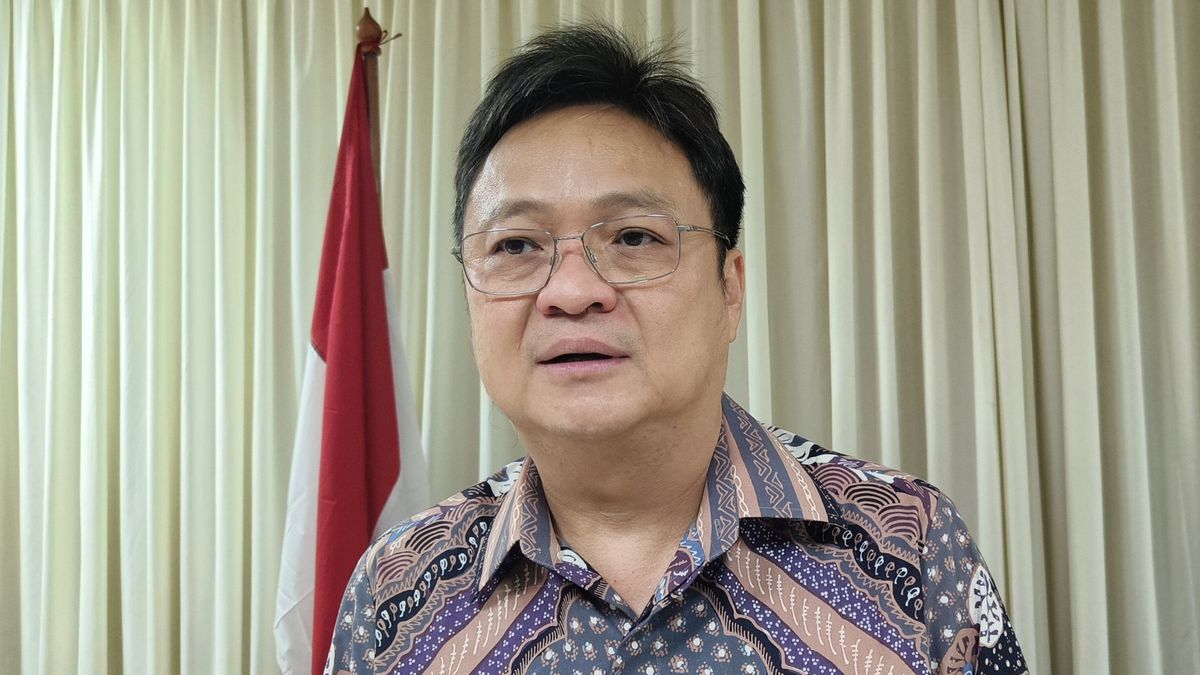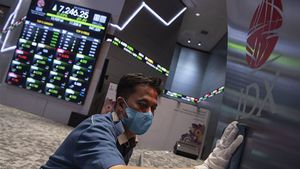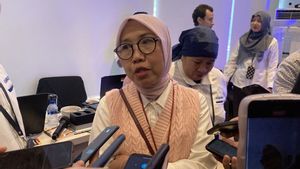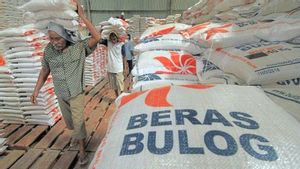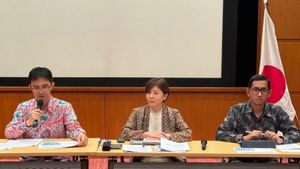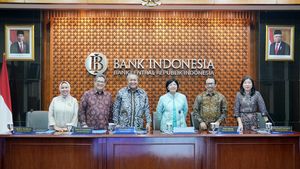JAKARTA - Regulation of the Minister of Trade (Permendag) Number 36 of 2023 concerning the Import Regulation Policy which regulates the limitation of the flow of imported goods entering Indonesia which has now been amended by Permendag Number 3 of 2024 concerning Amendments to Permendag Number 36 of 2023 concerning Import Regulation Policy has been in effect since March 10, 2024.
Related to this, the General Chairperson of the Indonesian Textile Association (API) Jemmy Kartiwa Sastraatmaja hopes that the implementation of the regulation will have a positive impact on the domestic textile industry, especially after the momentum of Eid 2024.
"Maybe we can't hope from Permendag 36 because, right, the rules are only in effect on March 10, so it's only been 8 days. But, we hope this is really a medicine after the Eid holiday, yes, the industry is starting to reopen, the demand is there and fellow workers who have been laid off can be called to work again. That's what we expected," Jemmy told reporters at the API office, Jakarta, quoted on Tuesday, March 19.
Jemmy hopes that in the future the utilization of domestic textile products can increase with the issuance of Permendag Number 3 of 2024 concerning Amendments to Permendag Number 36 of 2023 concerning Import Regulation Policies.
"We hope that the minimum utilization can be immediately up to 70 percent, that's our hope. If it really (the Permendag is carried out) I'm sure 70 percent can be achieved," he said.
According to Jemmy, the government is right to issue the regulation. Because, he said, regulations to control imports are not only carried out by Indonesia, but by various countries to protect its domestic industry.
"There must be someone who is happy, some are not happy. For those who are not happy, they may have a big spirit because Indonesia is a big country. (The population) is 276 million, it is not easy to create such a large job field," he said.
SEE ALSO:
"(If) jobs are created, they can earn sustenance, get wages. Wages can be spent on basic daily needs, from food, clothing, board and others," he continued.
Even so, Jemmy has not been able to reveal the projected growth of the textile industry with the issuance of the regulation. This is because the regulation only took effect on March 10, 2024.
"I think I'm still too early, yes, to say how much projection. I said 2-3 months, let this regulation work, yes. Maybe from the last 3 months we've only been able to see how many percent," he said.
The English, Chinese, Japanese, Arabic, and French versions are automatically generated by the AI. So there may still be inaccuracies in translating, please always see Indonesian as our main language. (system supported by DigitalSiber.id)
